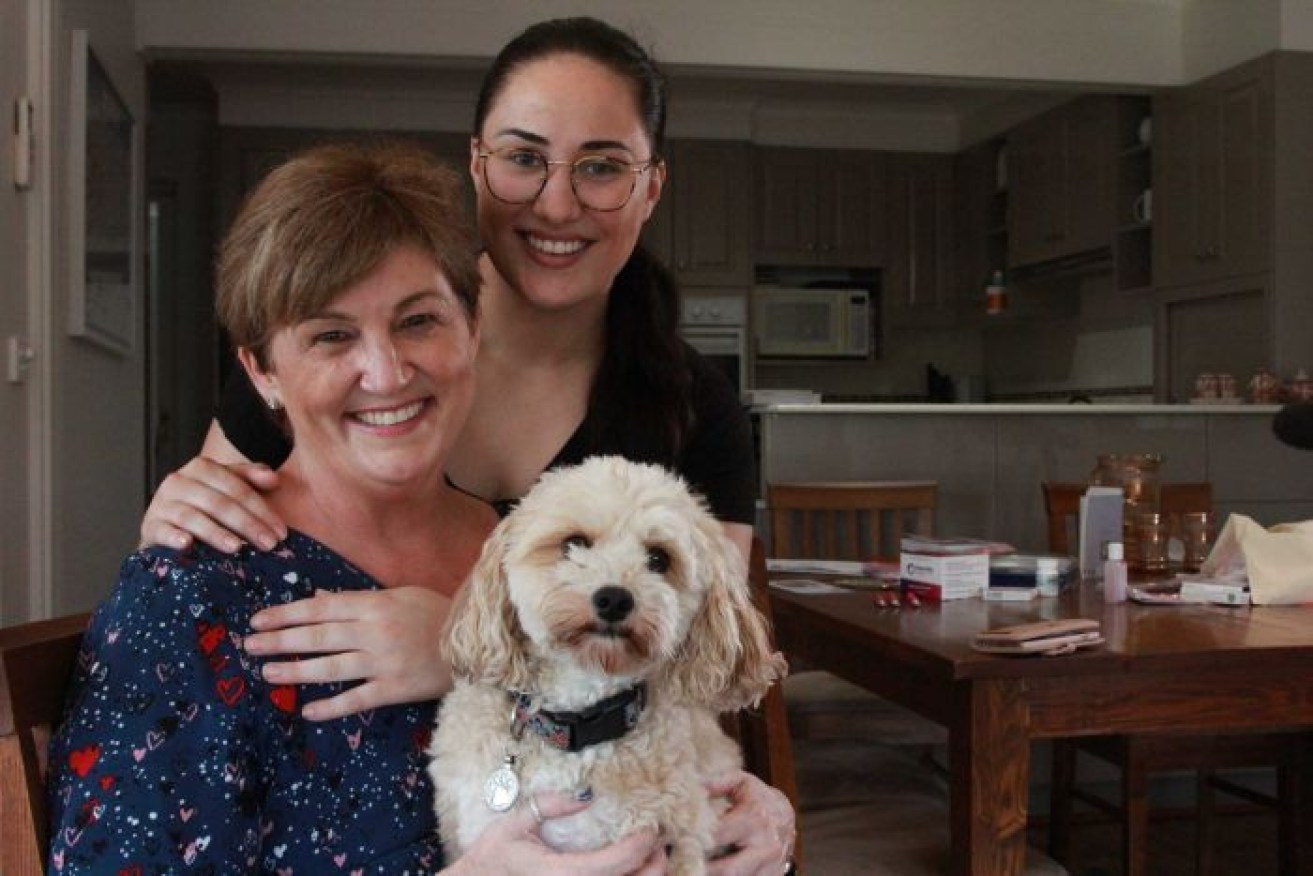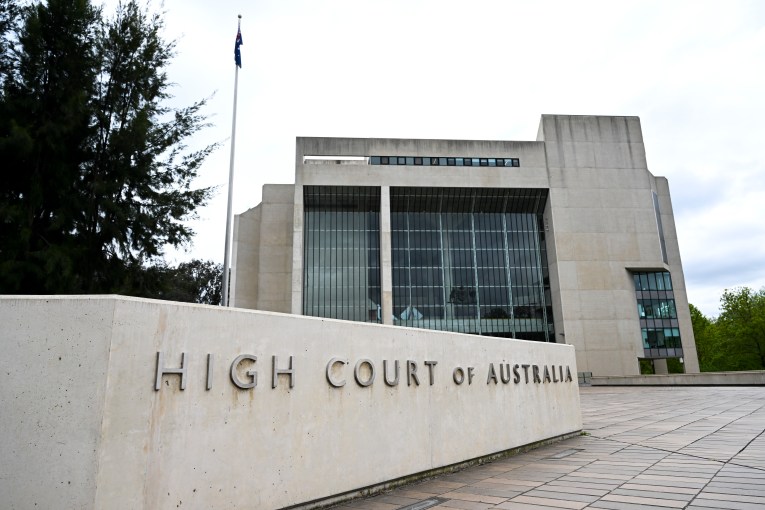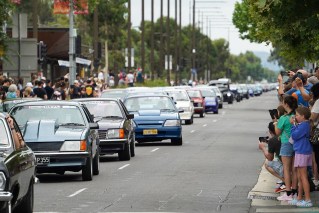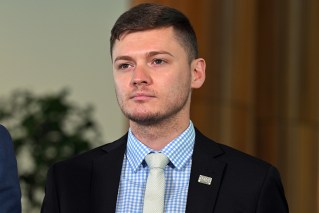Canberra women awaiting crucial genetic information left in limbo

Bin Barnier and her daughter Jessica face anxious waits to undergo BRCA testing. Photo: ABC News/Peta Doherty
Bin Barnier had spent three decades caring for cancer patients when she received her recent diagnosis: an aggressive form of breast cancer.
As a support worker in the field, she knew how important genetic testing could be to help decide on the best treatment.
Her cancer is linked to mutations of the BRACA gene, so she was devastated when she was told she had to wait 12 months for the breast cancer gene test — often referred to as the BRCA test — which her surgeon had asked her to undergo.
Without the results, which indicate how likely she is to develop the cancer again, the Canberra woman said she felt unable to decide what to do.
“Psychologically, for myself, my family or for my future treatment … Do I have another mastectomy? Do I have my fallopian tubes removed?” she said.
“Waiting doesn’t help. To be really honest, I felt as if I’d had an opportunity stolen away from me.”
The BRCA test, which is now subsidised under Medicare and usually provided for free, has greatly improved how breast cancers are treated.
It has also brought peace of mind to many Australian women, who want to know whether they are genetically susceptible to the disease.
But many women must endure lengthy, anxious waits of up to a year before they can undertake the test.
Patients left in medical limbo

Health Minister Rachel Stephen-Smith said that women who need this testing are triaged. Photo: ABC News/Ian Cutmore
Ms Barnier’s daughter Jessica is one of them. She said she was “stressing a lot” about both her mother’s medical limbo and what the results may reveal for her, given the potential genetic link.
“It’s just one [more] thing you can take off the back of the families, as well as the person, obviously, who is going through it,” Jessica said.
“We need information, and that’s essentially what’s going to help the mental health of a patient.”
Robyn Smith, from breast and ovarian cancer support group Pink Hope, said it was crucial that women make informed choices about possible preventative treatments, such as mastectomies.
“It’s really important for anyone to have access to the test if they need it, so that they can make really good decisions about their health,” she said.
However, the ACT Government said it prioritised medical care to those most in need.
Health Minister Rachel Stephen-Smith said some Canberra women were tested in as little as two weeks after a request, depending on risk factors such as age and family history.
“What I can assure Canberrans is that people who need urgent tests in genetic testing are receiving those tests,” Ms Stephen-Smith said.
“If you are triaged as category 1, [someone] who needs this test urgently, you’ll receive it urgently.”
If you are not triaged, ACT Health said you could face a waiting period of up to 12 months.
Women opt for risk-reduction surgery

Sarianna Harvey opted for risk-reduction surgery before she had testing. Photo: ABC News
Sarianna Harvey, another Canberra woman, opted for risk-reduction surgery over a six-month wait for screening.
She said she was shocked at how long other women were forced to wait to have the test.
“Surgery is invasive. Like it or lump it, you’re putting yourself through a surgical procedure when it might be as simple as a blood test, but I didn’t know that.”
Ms Harvey said the health system’s treatment of women like her and Ms Barnier was wrong.
“To be told she [Ms Barnier] has to wait 12 months, I don’t know what’s going on … I don’t know where the priority seems to lie.”








